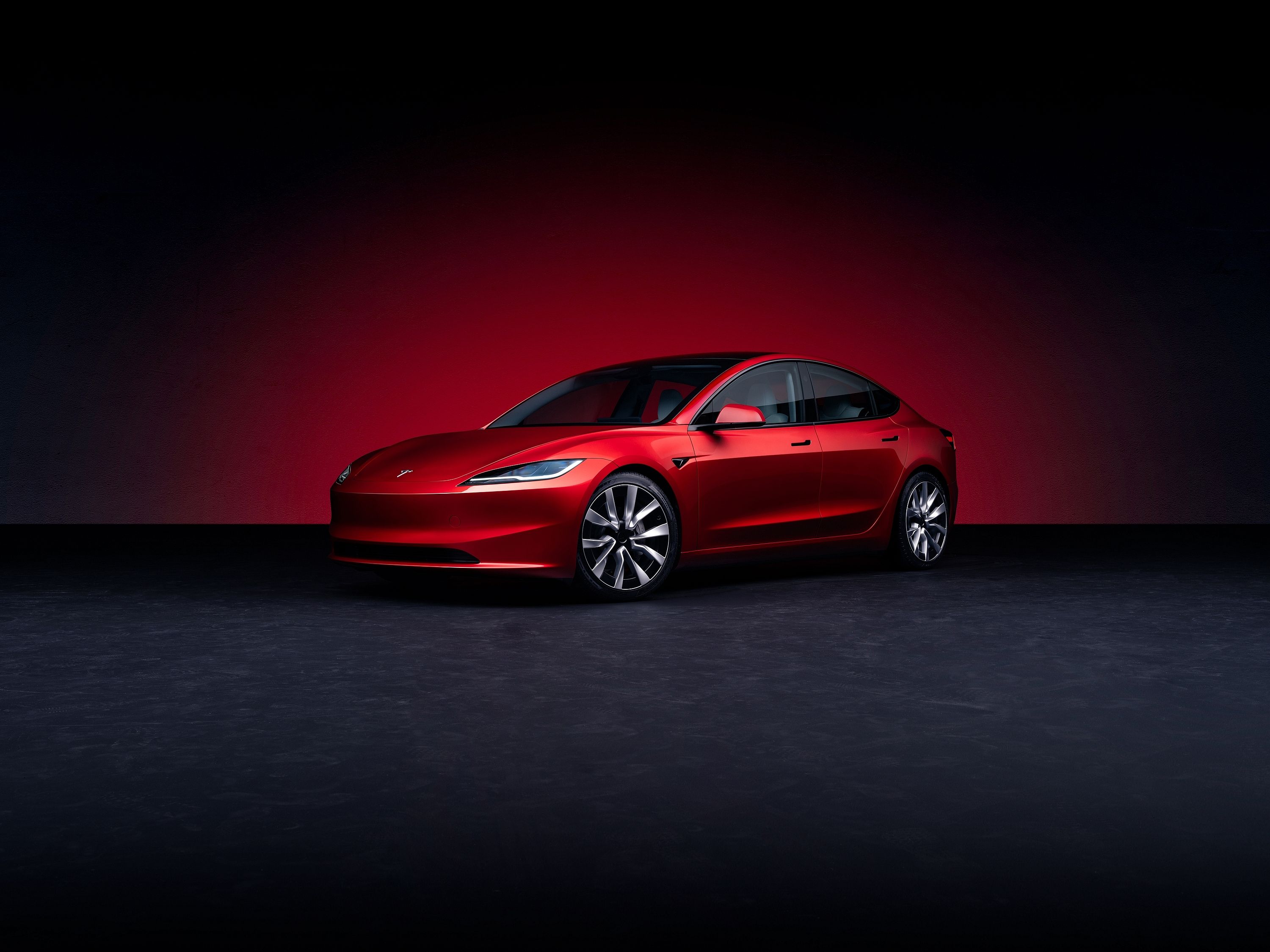
Last year Brembo announced that it was working on an all-new braking system called Sensify. The name sounds like the kind of marketing jargon a manufacturer comes up with to make something sound more impressive than it actually is, but Brembo did not provide enough information to make that call.
We were told that Sensify is an intelligent braking ecosystem consisting of several mechanical components, two digital brains, and sensors at each wheel.
"By introducing Sensify, Brembo is pushing the boundaries of what is possible with a braking system, opening up entirely new opportunities to drivers to improve their experience on the road and customize brake response to their driving style. It gives drivers the peace of mind they are looking for," said Daniele Schillaci, Brembo's CEO.
Brembo is now ready to share more information about Sensify, so we sat down for an interview with Emanuele Bruletti, Brembo North America's Senior Engineering Manager.
There's good news for performance car enthusiasts, but what else would you expect from the manufacturer that gave the world brake calipers with LED technology?
Sensify does not have a mechanical link between the brake pedal and the brakes. Each wheel is equipped with its own intelligent caliper with 12 to 14 sensors, sending and receiving data to and from the central control unit. Braking each wheel individually opens up an entire world of performance-specific applications, but there are real-world applications as well. One day, it will be standard on something a lot faster than a Tesla Model 3.
For a start, it can replace existing ABS, traction, and stability control systems. These are all brake-based systems, usually provided to a manufacturer by a third party like Bosch. That's precisely what Brembo is aiming for. Sensify is a modular, open interface. Manufacturers will have the ability to put their own unique spin on it.
Stability control is the perfect example. The current system consists of multiple sensors that can tell when a car is moving away from the intended direction of travel. It will then apply the brakes at whatever corner to get the car back in control. Instead of the manufacturer having to fit the standard brake setup as we know it and then equipping the vehicle with multiple third-party safety systems, it will be able to do everything via Sensify.
Sensify will react quicker as well. The time to lock is claimed to be 100 milliseconds, which Brembo says is faster than any conventional braking system currently available. The faster the brakes can grab hold, the quicker a slide is brought under control. Naturally, the system can also be used as a replacement for other handling-related systems like brake-based torque vectoring. The latter helps a car dive into a corner by braking the inside wheel.
Track enthusiasts will be happy to learn about advanced heat management abilities. One of the many things Sensify can measure is heat. It also can identify when a person is on a track and at what turns the brakes are being hit the hardest.
It can cool down one particular corner of the car by using the remaining three. Reduced brake wear means less fade, which results in more track time.
Brembo also designed the in-wheel setup to be as aerodynamic as possible, which works for both econoboxes and supercars. The engineers also took it a step further by swapping out materials. Brembo can reduce the unsprung weight drastically by using different materials. A brake caliper setup is usually made from cast iron, but Brembo can swap it out for aluminum on high-end cars. It will cost more, in the same way a turbocharged four-pot costs more than a twin-turbo V8.
Performance car fans may be worried about the brake feel, and we get that. An excellent performance car needs communicative brakes, and a digital system like this poses a serious threat. As with most digital systems, it can be fine-tuned, and we think it will work the same as electric power steering. Various manufacturers struggled initially, but eventually, they found a balance.
Sensify will make its market launch in 2024, though Brembo won't say on what car. It does say several manufacturers are interested in the technology, and with the above in mind, it's not hard to see why the interest is so high.



